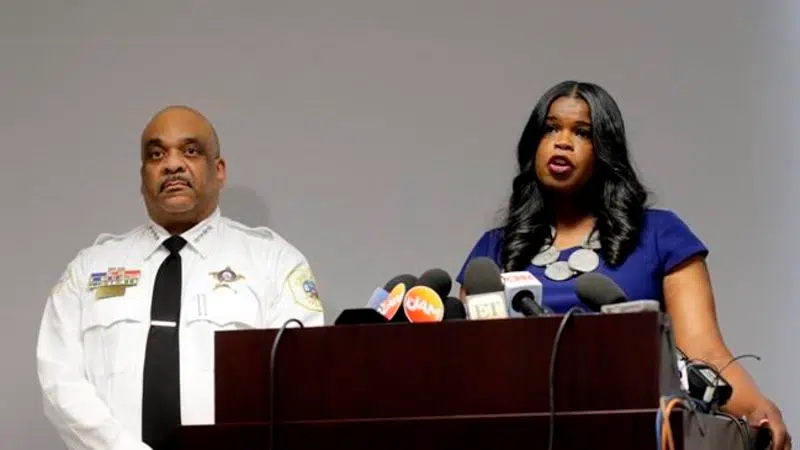
Smollett case tests relationship between police, prosecutors
CHICAGO — When prosecutors dropped the charges that accused Jussie Smollett of orchestrating a fake attack, the outrage was swift and overwhelming. Smollett saw his record wiped clean without offering so much as an apology.
Mayor Rahm Emanuel blasted the decision as a “whitewash of justice” and billed Smollett $130,000 for the cost of the police investigation. President Donald Trump called it a “national embarrassment” and promised a federal probe. The Illinois Prosecutors Bar Association said it was “an affront” to prosecutors across the state.
But for all of the public fury, the two agencies that handled the case — the Chicago Police Department and the Cook County State’s Attorney’s Office — insist their relationship is strong, even if they didn’t agree on the outcome.


